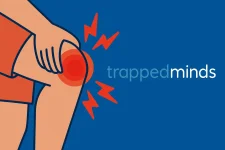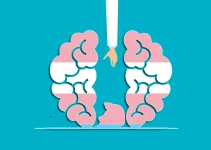-
Hi there, and welcome to Trapped Minds!
We are a mental health community that focuses on engagement and discussion. We are a friendly, welcoming and inclusive community open to all who wish to engage in discussion about mental health, whether as someone who suffers, someone who supports a sufferer, or someone who is simply curious. All are welcome here.
Please join us, engage with us, and learn with us. We're here for you.
Note: Trapped Minds is a community of volunteers. Our community is not to be used as a replacement for actual therapy or medical help. We offer experience as sufferers, but cannot be regarded beyond that. If you are struggling, please reach out for help.




